Central African Republic
Civil society has expressed concern about a possible modification of the constitution to allow the head of state to run for a third term, which was raised during the national reconciliation dialogue organised since Monday in the Central African Republic.
President Faustin Archange Touadéra last week announced that the "Republican Dialogue" with the opposition and civil society, promised in the aftermath of his highly contested re-election in December 2020, would take place from 21 March, but on a programme and objectives that remained very vague for debates planned for only one week.
"We don't think the dialogue will change anything, it's a monologue of power," Gervais Lakosso, a member of the civil society working group, told AFP. "Our concern is growing because some of the points discussed, such as amending the constitution to include a third term for the president, were not on the agenda," he continued.
Opposition boycott
"The change of article 154 of the Constitution was discussed on Wednesday and all participants in the commission refused it," said Cyriaque Gonda, a member of the National Party for a New Central African Republic (PNCN). "Amendments are to be made to the constitution," said Albert Yaloké Mokpeme, spokesman for the presidency, without giving further details.
On Sunday, almost all opposition parties announced their refusal to participate, mainly because the rebels were not invited - which they knew for 15 months - and that the program does not provide anything on the "issue of the post-election crisis", ie the non-legitimate re-election in their eyes of Faustin Archange Touadéra by a very small part of the electorate.
Reconciliation dialogue
The opposition and regional experts have criticised a reconciliation dialogue without the regime's main political rivals and armed enemies, saying it cannot lead to any concrete progress beyond the vague promise of a "roadmap" to better integrate the opposition and civil society into the governance of the world's second least developed country, according to the UN.
They believe that the president is only responding to a demand from the international community by holding this dialogue, which it is financing.



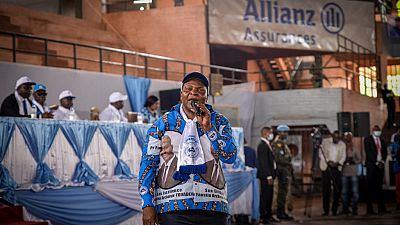

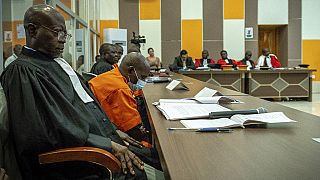
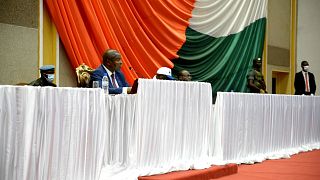
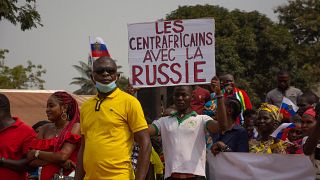
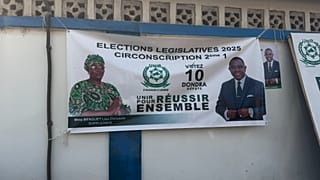
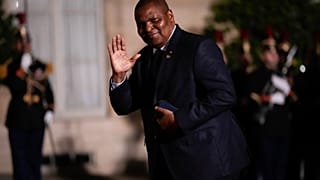
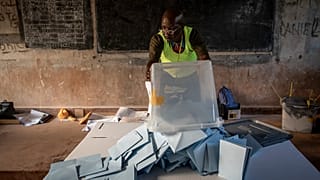
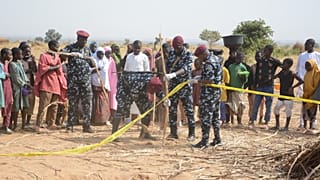
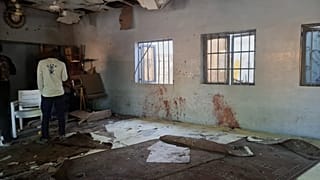
01:08
M23 announces withdrawal from Uvira following US pressure
01:29
Central African Republic receives key electoral materials ahead of December vote
01:08
Former Congolese rebel leader jailed in landmark French verdict
01:18
Tunisian opposition leader, Abir Moussi, handed 12-year jail term
01:00
Maduro hits streets after Machado wins Nobel Peace Prize
01:06
Uganda: opposition leader Bobi Wine attacked by security forces in Gulu